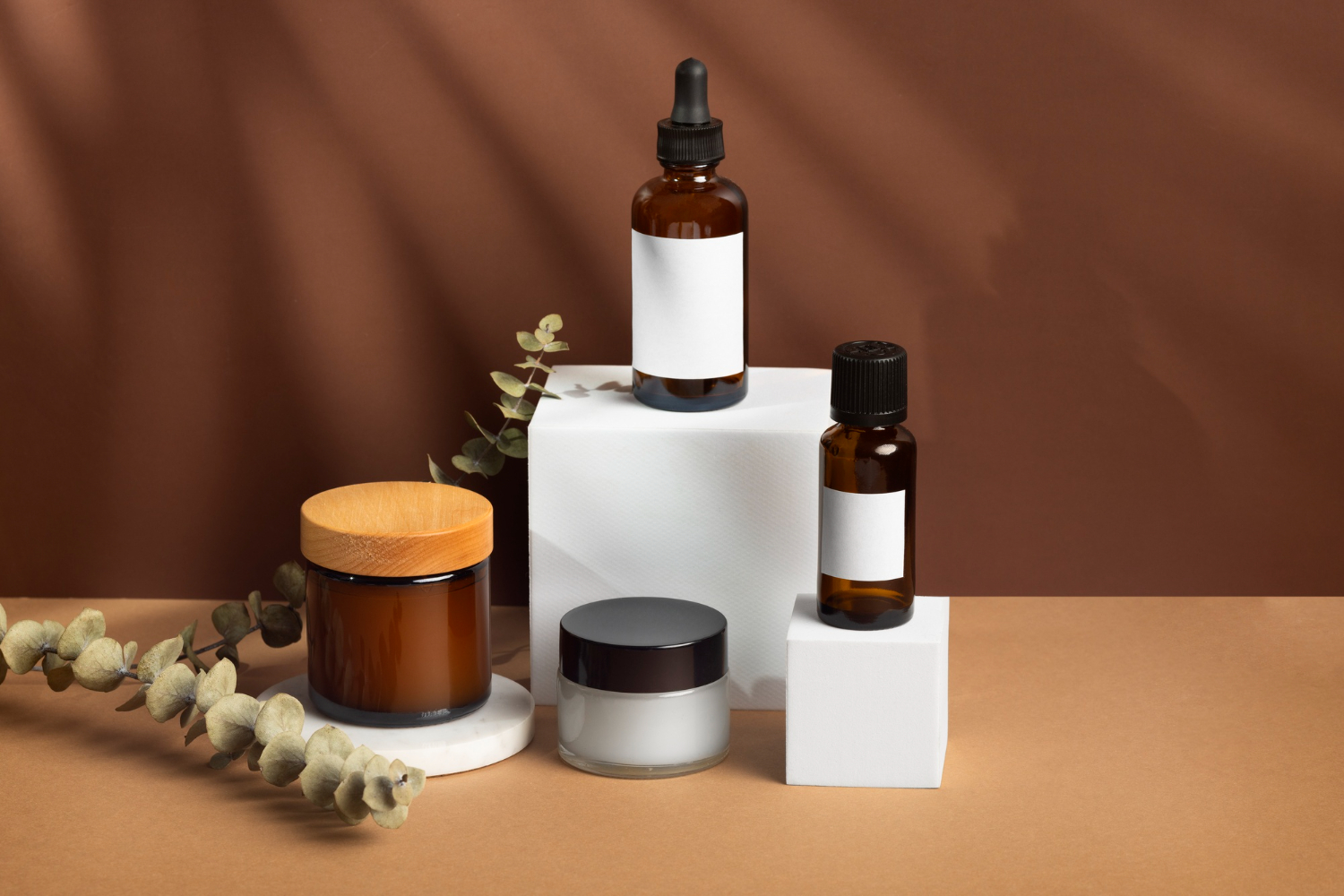What Makes Organic Products Different from Conventional Ones?
Explore what makes organic products different from conventional ones. Discover how natural ingredients, ethical sourcing, and eco-friendly production set organic products apart for healthier, sustainable choices.

What Makes Organic Products Different from Conventional Ones?
1. Natural, Toxin-Free Ingredients
- Organic Products: Use plant-based, chemical-free ingredients grown without synthetic pesticides or fertilizers.
- Conventional Products: Often contain synthetic chemicals, parabens, and artificial fragrances.
- Why It Matters: Organic products reduce the risk of irritation, allergies, and long-term exposure to harmful substances.
- Example: An organic moisturizer may use aloe vera and shea butter, while conventional versions often rely on petroleum-based ingredients.
2. Sustainable Production Practices
- Organic Products: Focus on renewable resources, ethical farming, and minimal environmental impact.
- Conventional Products: May involve resource-intensive manufacturing and environmentally damaging practices.
- Why It Matters: Organic products support sustainable ecosystems and reduce your carbon footprint.
- Example: Organic shampoos often come in biodegradable packaging, unlike conventional plastic bottles.
3. Certifications and Transparency
- Organic Products: Certified by trusted organizations like USDA Organic or ECOCERT, ensuring purity and ethical production.
- Conventional Products: Lack clear labeling or third-party verification of ingredients and production methods.
- Why It Matters: Certifications ensure you get high-quality, genuinely organic products.
4. Skin and Hair Benefits
- Organic Products: Gentle, nourishing formulas enhance natural skin and hair health.
- Conventional Products: Can strip natural oils or cause irritation due to harsh additives.
- Why It Matters: Organic products are safer for long-term use, especially for sensitive skin or damaged hair.
- Example: Organic oils like argan oil provide hydration without clogging pores, unlike mineral oil-based products.
5. Eco-Friendly Packaging and Practices
- Organic Products: Embrace recyclable, biodegradable, or refillable packaging.
- Conventional Products: Often use non-recyclable plastics that contribute to pollution.
- Why It Matters: Choosing organic products minimizes waste and supports sustainable practices.
Why Choose Organic Over Conventional?
- Healthier for You: Organic products are free from toxins, synthetic additives, and allergens.
- Environmentally Responsible: Promotes sustainability and reduces pollution.
- Ethically Sourced: Supports fair trade and humane labor practices.
How to Transition to Organic Products
- Start with Essentials: Replace frequently used items like soaps, shampoos, and moisturizers.
- Check Labels: Look for certifications to ensure authenticity and quality.
- Support Ethical Brands: Choose brands that prioritize transparency and sustainability.
- Experiment Gradually: Test organic alternatives to find the best fit for your needs.
Furthermore, check the Temple of Organic Skincare Products for a complete range of natural
beauty solutions. Discover the power of nature with our offerings and elevate your self-care
experience!
